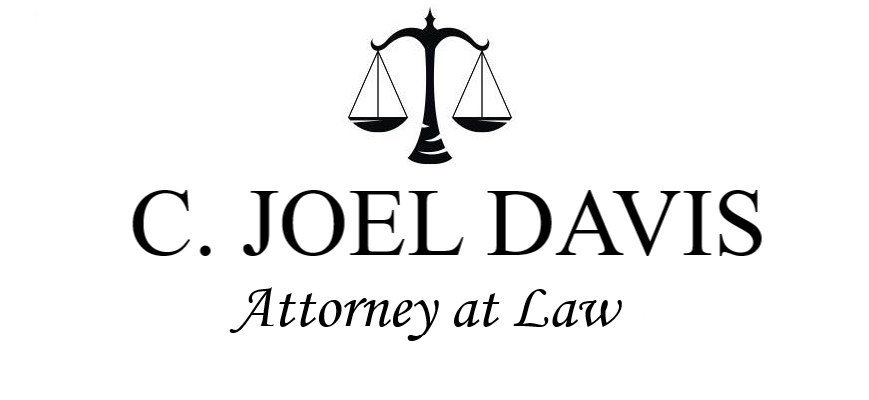Georgia law categorizes police interactions with citizens in three ways:
· a first-tier encounter involves only voluntary communications between police and citizens without any coercion or detention by law enforcement;
· a second-tier encounter involves a brief detention of a citizen by police to investigate the possibility that a crime has been or is being committed; and
· a third-tier encounter is an arrest and must be supported by probable cause.
Each tier represents an increased escalation both in the rights of police to detain citizens but also in the requisite legal authority required to initiate such an action. In other words, during a tier one encounter, either party is free to leave at any time. A tier two allows for a brief, temporary “detention” that is short of a full arrest, but also requires a specific, articulable basis to believe a crime has been committed. And a tier three stop, of course, requires full probable cause to initiate an arrest.
Against this backdrop, the Georgia Court of Appeals recently addressed the question: does running from police during a first-tier encounter give rise to probable cause for an arrest? In Johnson v. State, A17A0733 (2017) the court affirmed the principle that “a citizen’s ability to walk away from or otherwise avoid a police officer is the touchstone of a first-tier encounter.” (citing In the Interest of J. B., 314 Ga. App. at 681).
In Johnson, a police officer was on foot patrolling a local hotel known as an area of high crime and drug activity. In the course of the officer’s patrol, he encountered Johnson and four other individuals standing in the hallway. The officer made eye contact with Johnson who then “looked away and pulled up his pants. According to [the officer], the fact that Johnson pulled up his pants indicated that he was about to run from police.” The officer yelled “don’t do it” before Johnson fled on foot. A chase ensued which ended with Johnson being stunned with a taser gun and placed under arrest for obstruction. A subsequent search yielded marijuana on his person.
The Court of Appeals later overturned Johnson’s convictions, noting that Johnson’s initial encounter with the police officer was clearly a first-tier encounter and, as such, he was free to leave at any time. As such, because “an individual who leaves (or even flees) a first-tier encounter with police is not guilty of obstruction,” Johnson’s convictions must be overturned.
Unless police officers have a particularized, articulable basis to believe a crime has occurred, they have no legal authority to even briefly detain a person for investigative purposes. Absent such a basis, you are free to walk (or run) away from police at any time and police cannot use that flight against you either (1) as a crime in and of itself or (2) as a basis to for reasonable suspicion or probable cause to believe a crime has occurred.
Georgia citizens have constitutionally protected rights during encounters with police that should be protected and fought for both in and out of a courtroom. For any arrest stemming from a police encounter gone wrong, contact Davis & Jones, Attorneys at Law and we’ll fight to protect your rights to the fullest extent possible.
Read the full Johnson opinion here.
